Express yourself
How do you express yourself to make sense of your place in the real world — today and in the future — when you are in college? The crucial time needed to reflect upon short-term goals for college and long-term goals for life is squeezed into the margins of a student’s academic schedule. And sometimes students drown in the overwhelming college experience, neglecting their own dreams — and how to reach them. When students are overwhelmed, they often cease to function productively. A system shutdown can lead to problems in academics and general well-being.
Some promising research, however, suggests that taking the time to organize thoughts and emotions through expressive writing, to express yourself, not only improves academic achievement of students, but also has a positive impact on their health. This research is especially important for first generation students, who, in addition to academic stress, often struggle with social and emotional adjustments to college life. Self-expression through writing comes from goal-setting theories, which posit that writing down specific goals, and figuring out strategies to reach those goals, actually contribute to overall student achievement.
Researchers studying undergraduates at the University of Rotterdam found increases in academic achievement especially among socially and ethnically diverse students — the very students who make up of the first generation college student cohort. The study concluded that goal-setting programs appear to be a “quick, effective, and inexpensive intervention” for undergraduate students struggling with academics and navigating the social map of university life.
“When you enter a new social role, such as entering college as a student, the expectations are not always clear,” observes Melissa Karp of Teachers College, Columbia University. This confusion is exacerbated among first generation college students because most do not have parents who can advise them or act as role models during this time of transition.
Some colleges and universities are starting to pay attention to the power of planning to reach goals in college and beyond. Courses called Designing Your Life at Stanford University and Maps of Meaning at the University of Toronto challenge students to reflect upon important moments in their past in order to understand their motivations. Self-awareness is the first step for students as they imagine the future and set goals. Aspirational goals, however, must include specific learning goals and strategies to overcome obstacles students may encounter on the pathway to the future. It is important to express yourself regularly by writing down current goals and strategies, understanding that they most certainly will change over time.
When you enter a new social role, such as entering college as a student, the expectations are not always clear.
Students who begin to document their goals during their first semester of college will gain great insights into themselves as they look back over their goals — and how they reached them — at the end of the college experience. Further, the ingrained habit of setting goals, and developing strategies to reach them, will serve young graduates as they enter the workforce. These types of goal-setting exercises have the potential to actually “constrain entropy and uncertainty, decreasing the probability that anxiety and avoidance will compromise both health and productivity.”
Reflecting, writing, setting goals, revising them, and constantly writing down strategies to reach goals are important skills for every student. These skills are especially crucial for first generation college students. It is an opportunity to express yourself through the sometimes challenging transition from home to college to career.

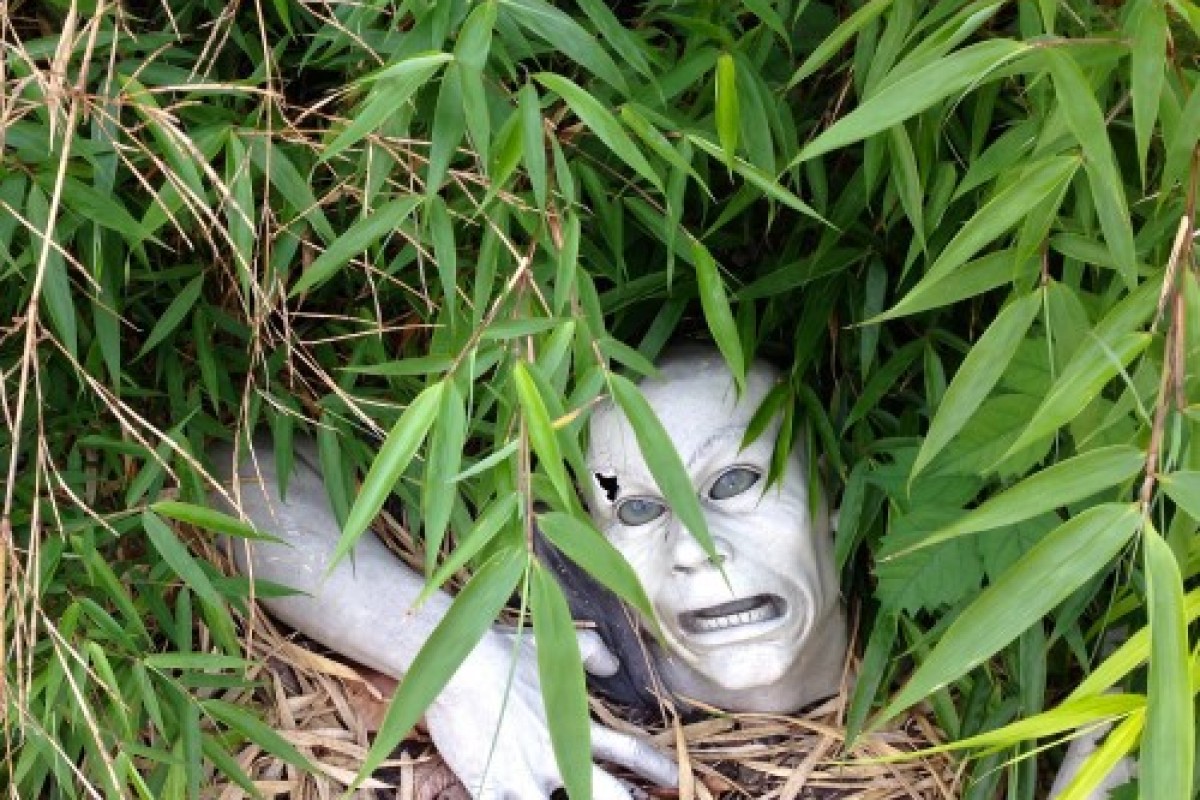
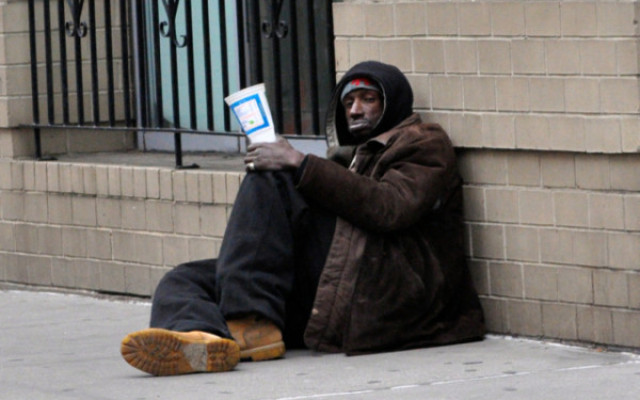

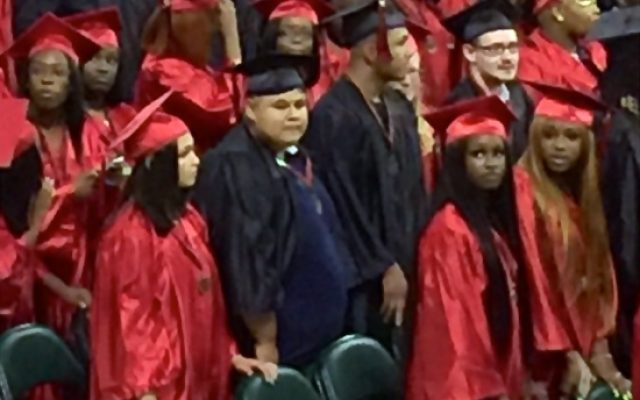
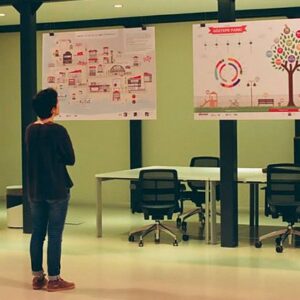

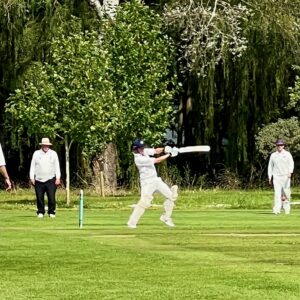

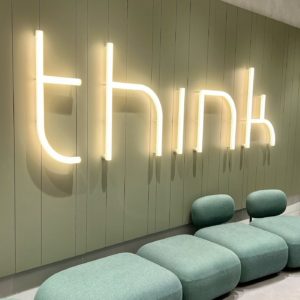

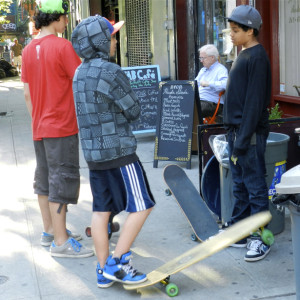
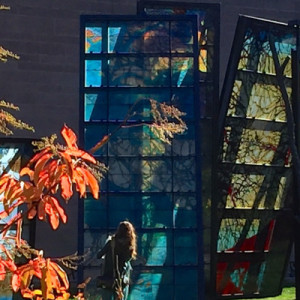
No Comments Yet!
You can be first to comment this post!